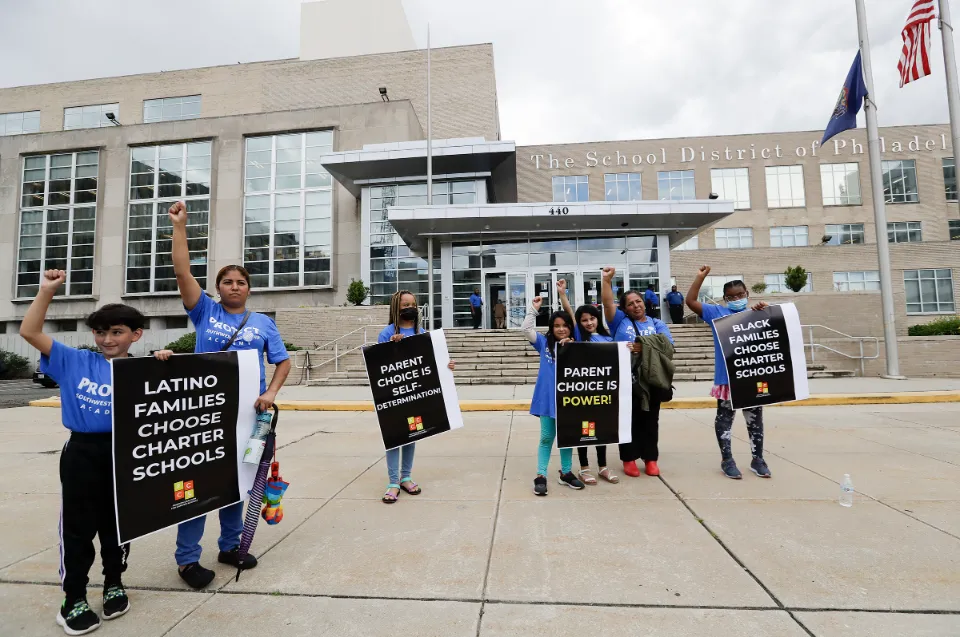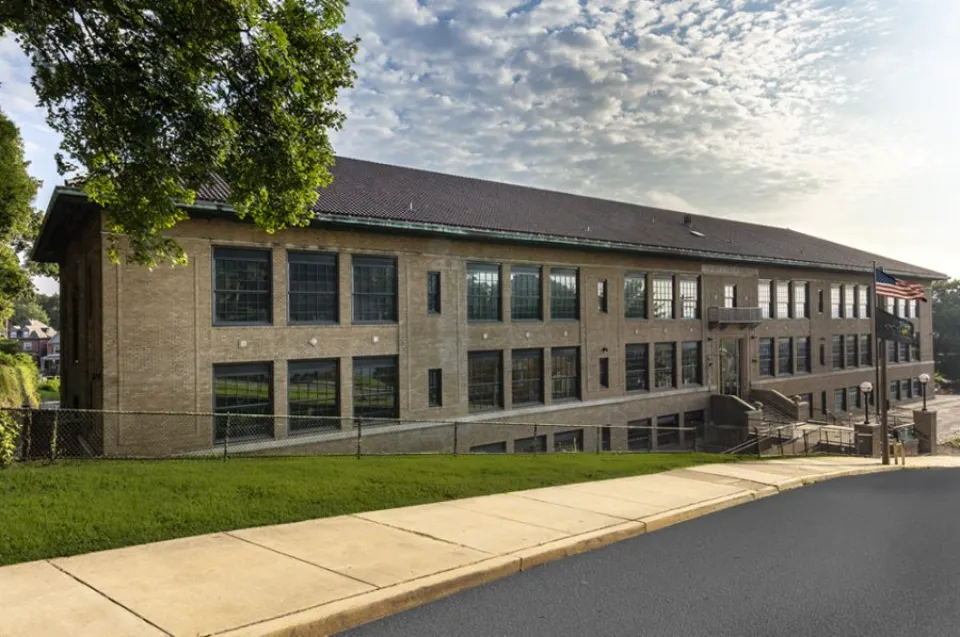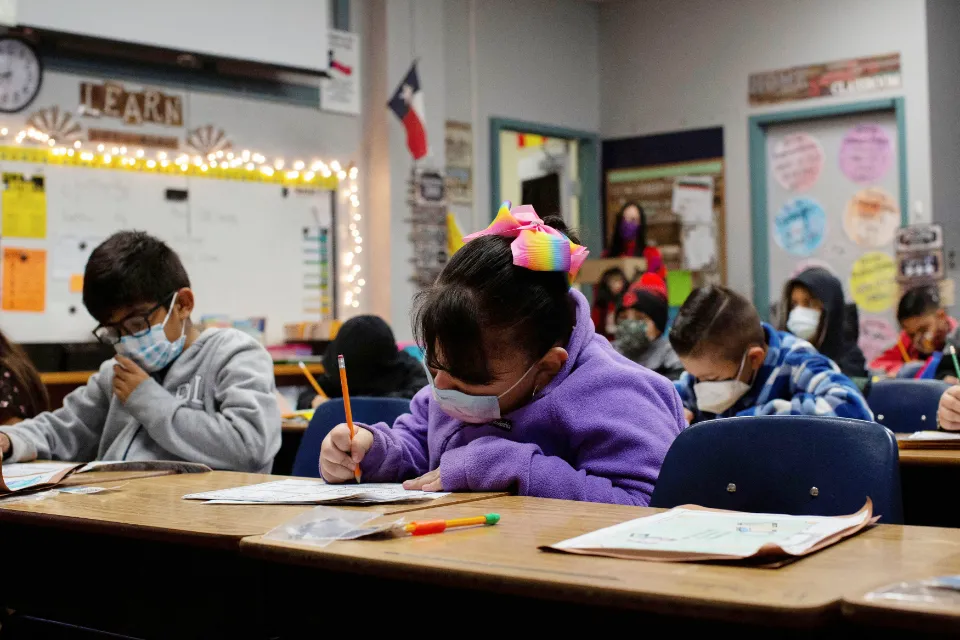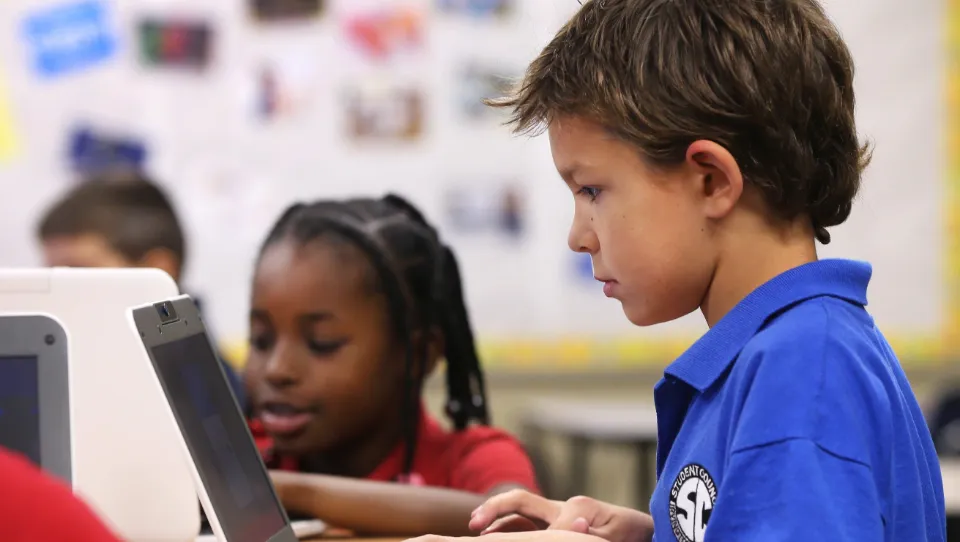
Why Are Charter Schools Controversial? Reasons Explained
This is a common persuasive essay topic because of the ongoing public debate about charter schools.
When it comes to education, there are many topics for discussion. The number of charter schools is one of the most contentious issues today, right up there with teacher pay, the prohibition of certain books, and school safety.
The public school system, which includes nearly 8% of charter schools, implemented a lottery system to prioritize admissions, sparking controversy. We’ll go into more detail about the reasons charter schools are divisive below.
Why Are Charter Schools Controversial?
Even though innovative schools do exist, charter schools were initially intended to spur educational innovation. However, according to critics, for a variety of reasons, charter schools have now seriously harmed public education.
The nation’s and Pennsylvania’s charter schools have largely evolved into money-making opportunities for entrepreneurs and major corporations who have little interest in innovative educational practices, according to one of the most serious criticisms leveled by opponents.
A charter school must be incorporated as a non-profit in Pennsylvania. Charter school operators get around this, though, by creating a foundation to submit the application and then entering into a contract with those organizations to manage the school.
Who Supports Charter Schools?

Despite the criticisms leveled at them, charter schools have found ardent supporters in Pennsylvania and other states.
Right-wing think tanks like the Heritage Foundation and Pennsylvania’s Commonwealth Foundation are among the charter school movement’s strongest supporters. Many politicians have backed the privatization of K–12 education and charter schools as a way to improve and reform failing institutions of higher learning in recent years.
Republicans like former Florida Governor Jeb Bush are Republicans. While some Democrats, including President Barack Obama, have pledged support for them, Jeb Bush has been one of their most vocal backers.
Charter school advocates, especially those on the right, find appeal in the idea that by giving parents more options for where to send their kids to school, education will ultimately improve.
More about charter schools:
- How to Increase Enrollment in Charter Schools? 5 Keys
- Why Charter Schools Are Good? 12 Reasons to Consider One
- Do Charter School Teachers Have to Be Certified? Certification Requirements for Charter School Teachers
- How to Start a Charter School? a Beginner’s Guide
- 34 Main Pros and Cons of Charter Schools You Need to Know
According to the theory, if schools have to compete with one another for students in the same way that restaurants do, good schools will flourish while failing schools will close down, ultimately leading to an improvement in educational quality. They view the present situation as a monopoly controlled by the government.
According to critics, monetizing children leads to perverse incentives because education is not a good fit for a marketplace model because of its inherent nature. They claim that other nations serve as a better example for enhancing education because their students consistently outperform American students on international exams.
In Finland, one of the top-performing educational nations according to the OECD, the government has prioritized enhancing equity between school districts, there aren’t many standardized tests, teachers are more likely to hold master’s degrees, and child poverty is much lower than in the United States.
Organizations that manage charter schools occasionally oversee dozens of institutions. Florida-based Charter Schools USA is in charge of 70 schools spread across seven states. Pennsylvania is home to 15 schools run by Mastery Charter Schools.
Critics claim that in order for these businesses to make a profit, they cut corners on education expenses, such as by hiring inexperienced teachers. And critics claim that they tend to narrowly focus on standardized testing rather than innovation and educational quality.

What Do Proponents Say?
- Offer choice to parents who are not satisfied with the education offered by the local district public schools
- Have more leeway to offer innovative curriculums since they are independent of state regulations.
- Offer specialized concentrations such as Curriculums that emphasize art and STEM.
- are more accountable since their charters come up for review every five years.
- Expose children to a more diverse population.
- As a rule, have smaller classes which translates to a smaller pupil-to-teacher ratio, thus more chance for individualized attention.
Are There Any Other Concerns With Charter Schools?
Critics have a number of other concerns with charter schools in Pennsylvania, which they largely attribute to the profit-driven nature of many schools:
Special Education
According to a legislative commission’s 2013 report, charter schools appeared to be abusing the state’s funding scheme for students with special needs. In order to help schools with the costs of supporting special needs students’ education, they receive more funding for them than they do for typical students.
The commission discovered that special needs students with severe needs appeared to be being filtered out in favor of students with less severe problems who were less expensive to assist.
A 2014 investigation by the state’s education-focused media outlet The Notebook revealed that Pennsylvania charter schools received $350 million for special education students but only spent $156 million on them.
Fraud

The charter schools in Pennsylvania have recently been the subject of several prominent fraud cases. Federal fraud charges have been accepted as guilty by at least eight Philadelphia charter school administrators.
The federal government filed embezzlement charges against Agora Cyber School’s founder, Dorothy June Brown, in 2012 and 2013. In a different well-known incident, Nicholas Trombetta, the creator of the biggest cyber school in the state, was charged with fraud in 2013 after it was discovered that he had stolen almost $1 million from the government.
According to a report published in September 2014 by the Center for Popular Democracy and other nonprofit organizations, charter schools in Pennsylvania are responsible for at least $30 million in taxpayer fraud over a 17-year period.
Transparency
According to critics, charter schools are exempt from the same financial disclosure laws as traditional public schools.
In a case that received a lot of attention, the Philadelphia Inquirer struggled for years to get a major charter school operator, CSMI, led by Vahan Gureghian and located in the Chester-Uplands School District, to disclose how much money the district is receiving in management fees from the taxpayers.
Conclusion: Why Are Charter Schools Controversial
In general, charter schools are a healthy component of the educational ecosystem and can be a good choice for families, despite the significant misinformation associated with their names. Parental choice is facilitated by charter schools, which foster healthy competition and improve the quality of education in a community.
Could it be in the best interests of all students for districts with overcrowded schools to look into the possibility of collaborating with charters rather than arguing over whether charter schools cannibalize nearby TPS?
FAQs
Why Are Charter Schools Problematic?
Charter schools disproportionately do not serve students with disabilities, English learners, or children who present disciplinary challenges. The same training and qualification requirements that traditional district public school teachers must meet are not always applicable to teachers working in charter schools.
Why Do Teacher’s Unions Oppose Charter Schools?
The CTA is against using taxpayer money to build schools in areas where there is no demand for more classroom space and where the existing public schools area provides an adequate level of instruction.
Why Do People Think Charter Schools Are Better?
Many people are impressed by the flexibility of charter schools’ curricula and management, which is much greater than that of traditional public schools.


